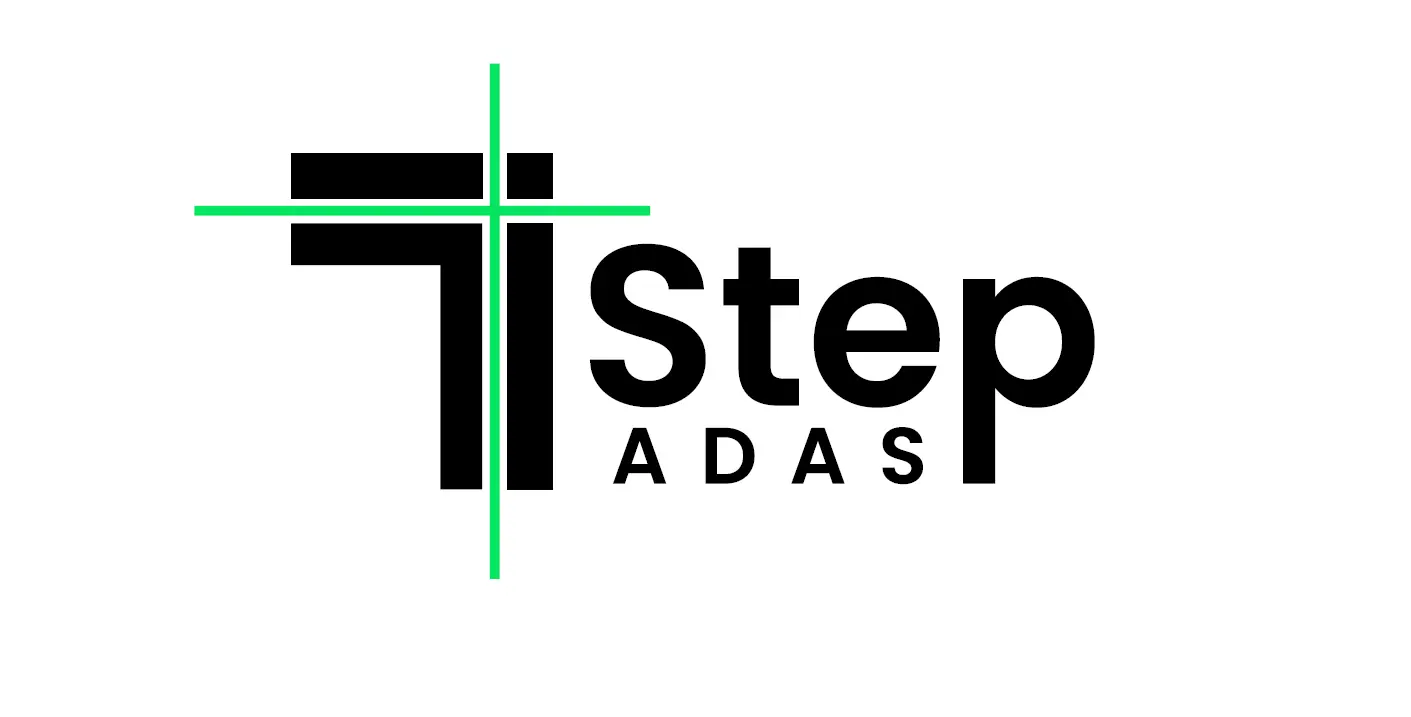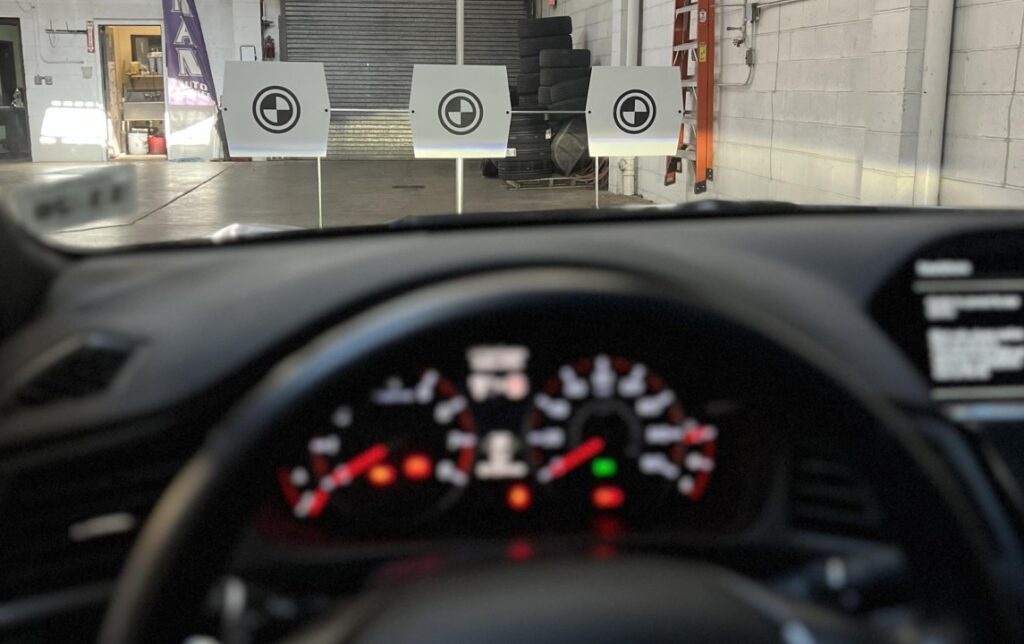
Reduce your ADAS liability
Subject Vehicle: 2022 Acura ILX A-Spec
Have you ever wondered what goes behind ensuring the safety of a vehicle after a minor accident? The aftermath of a collision isn’t just about visible dents and scratches. The safety mechanisms, especially in modern cars, require re-calibration, and here’s how American Honda Motor Company, Inc. leads by example.
Post-Collision Repairs: More Than Meets the Eye
Accidents leave more than just visible marks. It’s paramount to restore trust, safety and peace of mind by ensuring operational features in a car return to their original state.
Though the photographs might indicate only cosmetic damage, our ADAS Master Checklist reveals the deeper intricacies of post-collision repair. Use the ADAS Master Checklist to reduce your ADAS liability.
Body Shop Repair List:
- Front bumper, grill, emblem
- Rear bumper, reinforcement
- Repair rear body panel
Honda sets a consistent standard for all their vehicles, ensuring comprehensive evaluation and restoration.
Honda’s Blueprint for Safety
Honda’s “Aiming Driving Support Systems,” released in March 2021, version 6, serves as a foundational guide. It outlines necessary procedures for Honda vehicles, but also provides insights that can be applied to other brands.
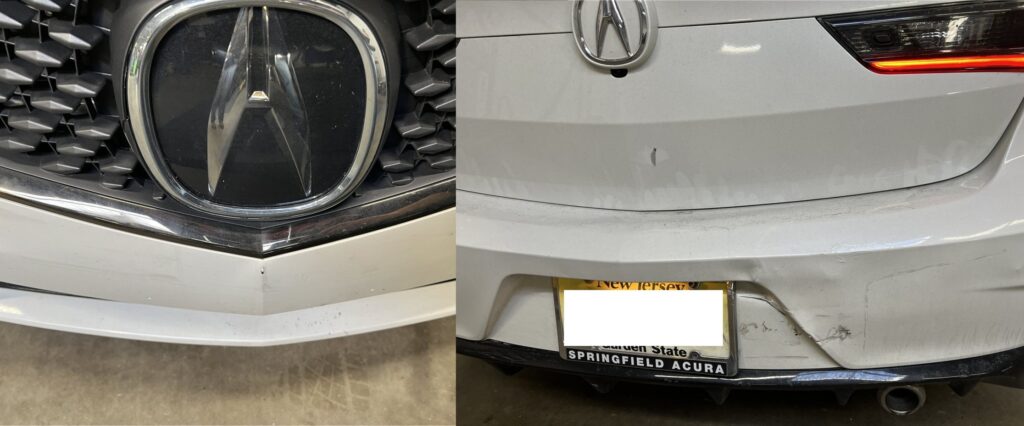
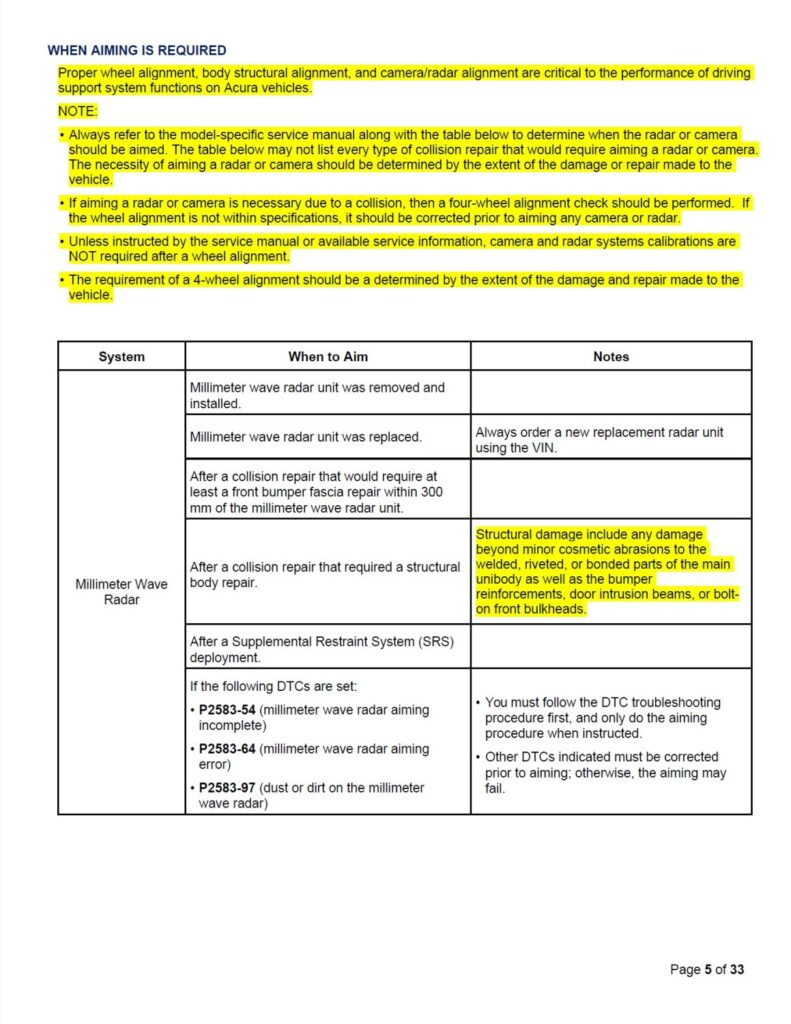
OE Research’s Crucial Role
Page 5 of Honda’s document starts to present a detailed table linking ADAS systems to the specific post-collision checks they need. For our subject vehicle, three key calibrations were necessary:
- Millimeter Wave Radar Calibration
- Blind Spot Mounting Area Check
- Multipurpose Camera Aiming
Honda’s rigorous post-collision re-calibration procedures underscore their commitment to vehicular safety. We’ve observed increased suspension vulnerabilities, especially with the industry’s shift towards lightweight materials like aluminum. These issues often surface during post-collision wheel alignments. Using OE documentation helps to reduce your ADAS liability by having the most up to date information.
Challenges and Recommendations
Lighter materials can mean more susceptibility to damage. During wheel alignments, issues, especially to the suspension, become apparent. It’s crucial to prioritize safety and follow OE documentation and cross reference with common practices.
Some insurance adjusters can be hesitant, further straining the relationship between vehicle owners and repair facilities. Our suggestion here is to stick to safety standards and use common practice along with OE documentation to carefully make each case about a wheel alignment as a “critical first step to ensuring driving safety after a collision.”
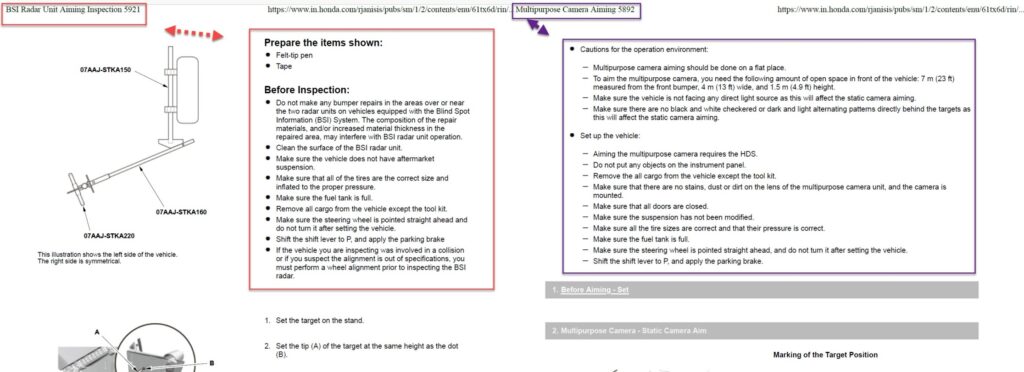
Streamlining the ADAS Calibration Process
Honda excels in providing clear guidelines, but there are certain elements not covered in their March 2021 guide, such as:
- Headlight adjustment
- Airbag weight sensor re-calibration
- Seat belt checks
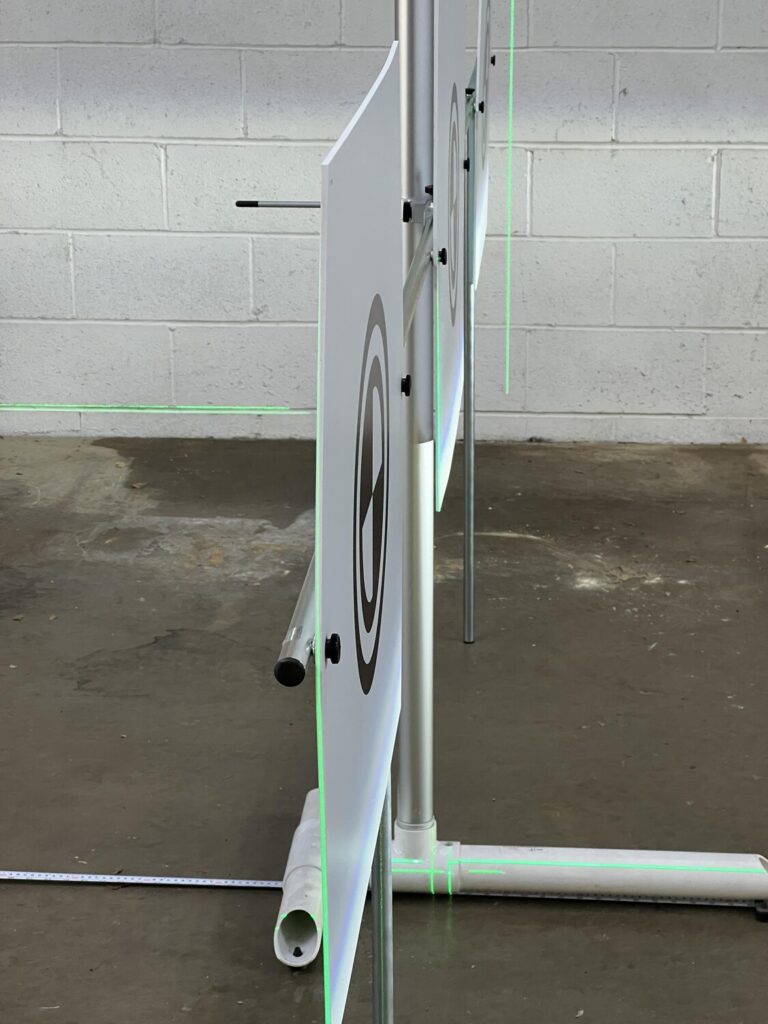
Hardware Challenges: A Constant
We encountered a hardware hiccup: The Honda Lane Departure Targets from TEXA were unavailable in the U.S. during calibration. While we had Honda OE targets, positioning them was a slight challenge. We’ll get into how to potentially make the Honda system sturdier at another time.
In the past, we’ve had to craft our own targets, like for the 2018 Lexus LX570’s 360-degree view front camera.
Conclusion: Safety Beyond the Surface
True vehicle repair isn’t just addressing visible damage; it’s ensuring that underlying safety mechanisms are fully functional. With resources like Honda’s documentation, achieving this safety is more straightforward.
Engage with Us!
